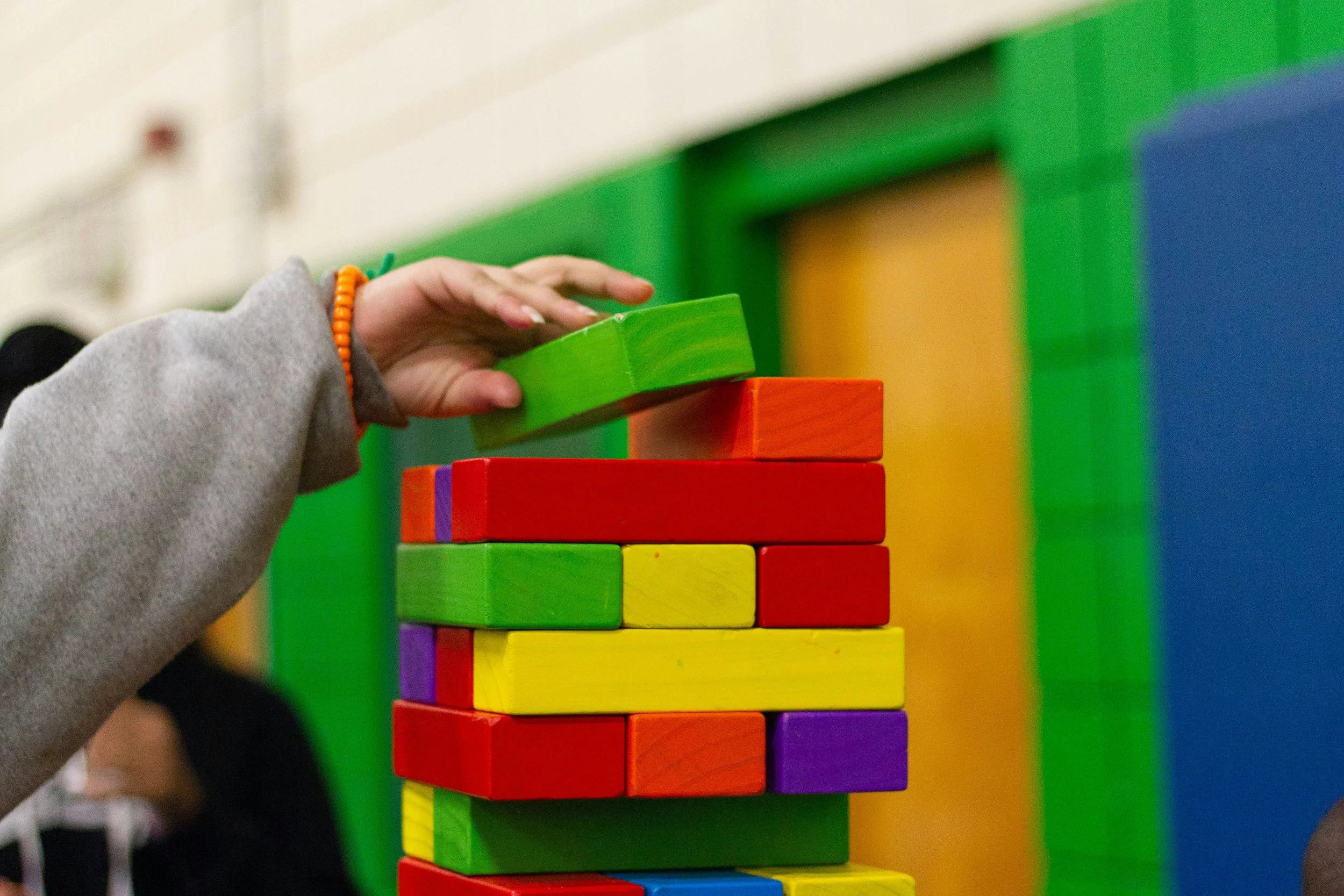It’s such a common scenario: homework time rolls around, and suddenly, kids have endless reasons to avoid studying. From “I’m too tired” to “I just don’t get it”.
These excuses can try your patience, especially when academic performance is at stake. Instead of getting frustrated, it’s more effective to address these excuses calmly and positively.
Here are some practical strategies to help you handle the most common study-avoidance tactics and support your child’s learning journey.
1. Understand the Root Cause of the Excuses
Children often give excuses because there’s an underlying issue that needs attention. Maybe they’re overwhelmed by the material, find it boring, or struggle with time management.
Instead of dismissing the excuses, take a moment to ask questions and understand what might be driving them. Sometimes, they don’t have the words to express that they feel lost or frustrated, so opening a conversation can reveal obstacles that may be simple to address.
Bonus tip: Try asking open-ended questions like, “What do you find difficult about this subject?” or “Is there something specific you’d like more help with?” This shows empathy and helps them feel supported.
2. Break Study Sessions into Small, Manageable Chunks
Studying for long hours can feel daunting, especially for younger children. Rather than enforcing extended study sessions, break the time down into short, focused intervals, such as 20-30 minutes, followed by a brief break.
This method, often called the Pomodoro Technique, can make studying feel less intimidating and helps prevent burnout.
Bonus tip: Set a timer for each study session, and let them take a break when it goes off. You can even make it a game—“Let’s see how much we can get done in 20 minutes!
3. Create a Study Routine with Clear Boundaries
Consistency is key when it comes to tackling study avoidance. Establish a regular study schedule that becomes part of their daily routine, similar to bedtime or mealtime. When study time is scheduled and predictable, kids are less likely to negotiate or delay.
Involve your child in setting the schedule so they feel a sense of ownership over the process.
Bonus tip: Use a visual schedule, like a calendar or whiteboard, to mark study times and encourage them to stick with it. This provides a clear boundary and can reduce arguments or excuses.
4. Use Positive Reinforcement and Rewards
Positive reinforcement can go a long way in encouraging consistent study habits. When your child makes an effort or completes a study session without complaints, acknowledge their effort.
You could offer small rewards or privileges, especially something they are interested in, to reinforce their progress.
Bonus tip: Try a simple rewards system where they earn points for each completed study session. After reaching a certain number of points, they can cash them in for a reward, like a special outing or favourite snack.
5. Offer Help Without Taking Over
If your child struggles with the subject, they may avoid studying because they feel insecure or frustrated. Offering guidance without doing the work for them is essential to helping them build confidence.
Start by reviewing the material together, identifying where they’re stuck, and brainstorming solutions. Encouraging them to try and providing resources (like online tutorials, tutoring, or practice materials) can empower them to overcome the challenge.
Bonus tip: Praise their efforts rather than just their outcomes. Acknowledge statements like, “I see how hard you’re working on this,” to reinforce their effort and resilience.
6. Minimize Distractions
Children are easily distracted, especially by technology. Creating a study-friendly environment can reduce the likelihood of excuses related to concentration. Set up a quiet, comfortable space where they can focus on their studies without interruptions from devices, television, or noisy surroundings.
Bonus tip: Implement “focus tools” like noise-cancelling headphones, soothing background music, or even a “study buddy” stuffed animal for younger children to help keep them grounded.
7. Teach Goal-Setting and Accountability
Often, kids give excuses because they feel they have little control over their work or find it challenging to connect short-term study sessions with long-term goals. Help them break down their goals into manageable steps, such as finishing a chapter, improving a grade, or completing an assignment.
By setting achievable objectives, you teach them the value of small, consistent steps toward success.
Bonus tip: Have them set one specific study goal each week. At the end of the week, review it together and celebrate progress, making adjustments as necessary.
8. Encourage a Growth Mindset
One prevalent reason kids avoid studying is fear of failure or believing they’re “not good” at a subject. By encouraging a growth mindset, parents can help children understand that skills improve with effort.
Remind them that learning is a process, and it’s okay to make mistakes along the way. This can reduce study-related anxiety and encourage them to keep trying, even when the material is challenging.
Bonus tip: Share examples of times when you learned something new or overcame a difficult task through persistence, reinforcing that it’s okay to struggle as long as they keep trying.
Handling study excuses with patience and positive reinforcement can transform study time from a dreaded chore into a more productive, even enjoyable part of the day.
You need to identify and address the reasons behind the excuses to provide supportive strategies and foster a more positive learning experience.
Over time, these small efforts can help children develop self-discipline, resilience, and a genuine desire to learn—skills that will serve them well beyond the classroom.
The examination period is always an excellent opportunity for students to showcase their knowledge, but preparing for them can feel overwhelming without the right support.
How can we support you?
At A-STAR Learning, we’re here to make the journey smoother. Our specialized Exam preparation programs are designed to help students grasp challenging concepts, improve study habits, and gain the confidence they need to excel. Whether it’s reinforcing foundational math, science, or English skills or building test-taking strategies, our tutors offer personalized sessions targeting each student’s unique strengths and challenges.
By enrolling in our program, your child will receive:
One-on-One or Group Tutoring: Tailored to their learning style and focused on areas where they need the most support.
Exam Practice and Strategy: We provide practice tests and teach valuable test-taking techniques to help students approach exams with ease.
Ongoing Feedback and Support: We monitor progress closely, keeping you in the loop every step of the way.
Reach out to us today to learn how we can help your child prepare for exams with less stress and greater confidence. Together, let’s make sure they feel ready to tackle every milestone and achieve their set goals!







